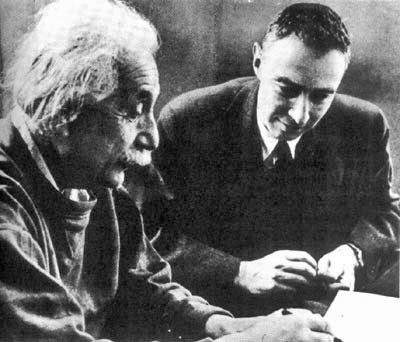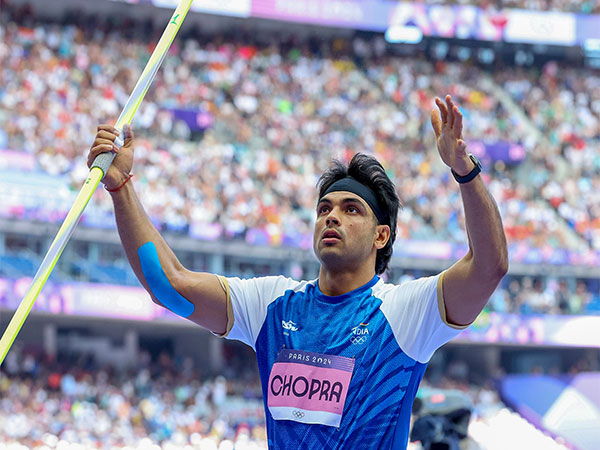PS “Oppenheimer” is the subject of forthcoming Hollywood biopic to be released in 2023…writes Dilip Roy
JR Oppenheimer (1904-1967) was an American theoretical physicist of German origin just like his friend Nobel laureate Albert Einstein was also of German descent and both were profoundly influenced by Hindu thought along with notable physicists such as Niels Bohr, Heisenberg and Schrodinger to name but a few. The Vedas are a group of writings in Sanskrit that consists of hymns, prayers, myths, historical accounting, science and the nature of reality. The Vedic compositions dates back to around five thousand years BCE.Oppenheimer today is rightly regarded as the father of Atomic Bomb.
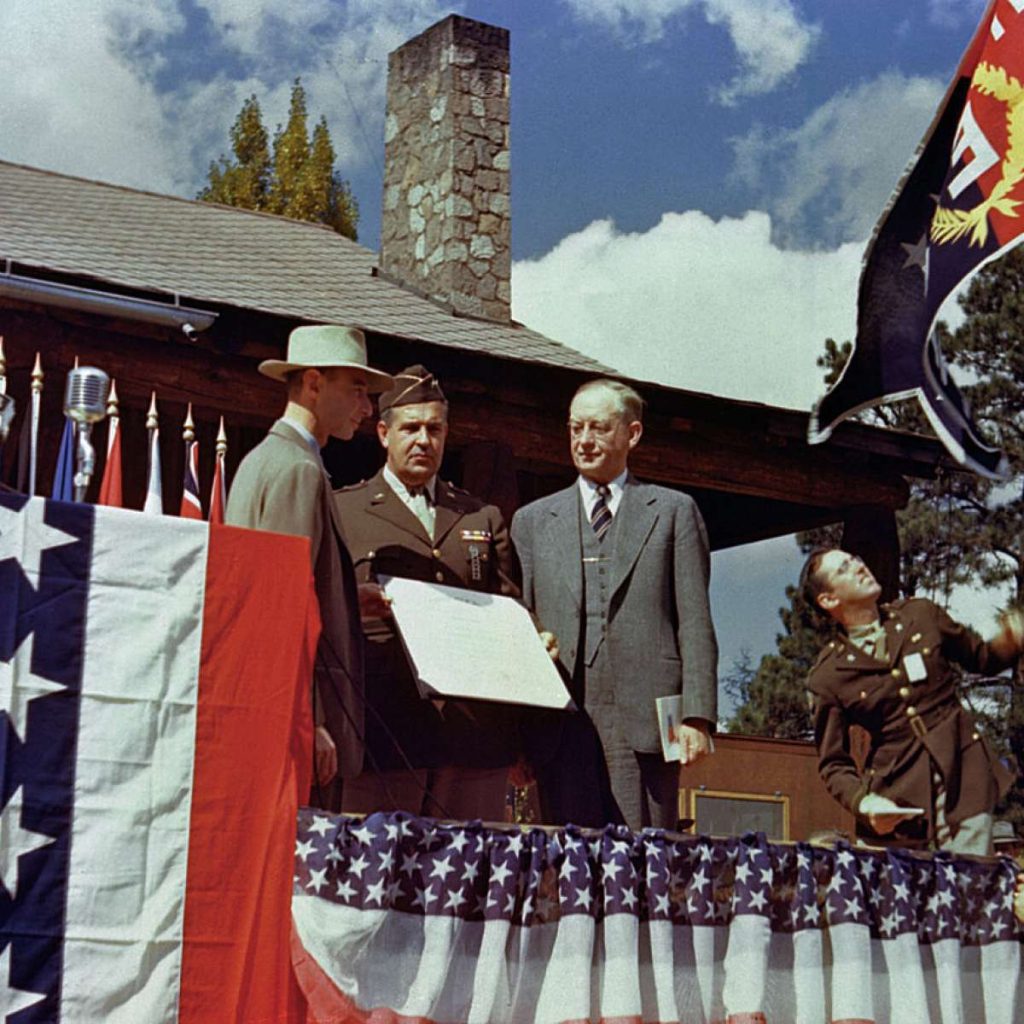
He was among those who observed the Trinity test in New Mexico where the first Atomic bomb was detonated successfully on July 16, 1945. While witnessing the explosion of Trinity nuclear test he thought of a verse from Bhagavad Gita “If the radiance of thousand suns were to at once into the sky that would be like the splendor of the mighty one.” Among his friends was Arthur W. Ryder a notable professor of Sanskrit at Berkeley University for Oppenheimer, he found a quintessential intellectual as a friend and it is Ryder who made him aware of India’s ancient language and started giving him lessons once every week. Robert was so enraptured by his Sanskrit studies that when, in the year 1933 , his father bought him a Chrysler, and he named it Garuda, after the giant bird god in Hindu Mythology The Gita which constitutes the heart of Sanskrit epic The Mahabharata is told in the form of a dialogue between the incarnate god Krishna and a human hero Prince Arjuna. About to lead his troops into the battle, Arjuna refuses to go to war against his cousins the Kurus. Lord Krishna the charioteer tells Arjuna that he must fulfil his duty as a warrior and pick up the weapon and fight. Oppenheimer’s yet another of his favorite parts of the Gita, the (Satakatrayam) contains these fatalistic lines:
Vanquish enemies at arms
Gain mastery of the sciences and varied arts
You may do all this, but Karma’s force
Alone prevents what is not destined
And compels what is to become.
Oppenheimer also read the Sanskrit poems of the great Kalidasa in its original and his favorite romantic poem was “The Cloud Messenger.”
Vedic philosophy has influenced whole generation of Quantum physicists and Oppenheimer was certainly among them. According to Oppenheimer if there was anything that may be regarded as privilege the West has in 19th century it was the study of GITA. The use of Brahmastra has been mentioned in the MAHABHARATA war. Remarkably Oppenheimer also believed at the possibility of Brahmastra on par with the modern nuclear weapons of today.
The famous Danish physicist and Nobel Laureate Niels Bohr (1885-1962) was an ardent follower of the Vedas. He said, “I go into the Upanishads to ask questions.” Both Bohr and Schrodinger were the founders of quantum physics, were avid readers of the Vedic texts and came to a conclusion that their experiments in quantum physics were consistent with what they had read in the Vedas. This is pretty much also the belief of scientists of today.
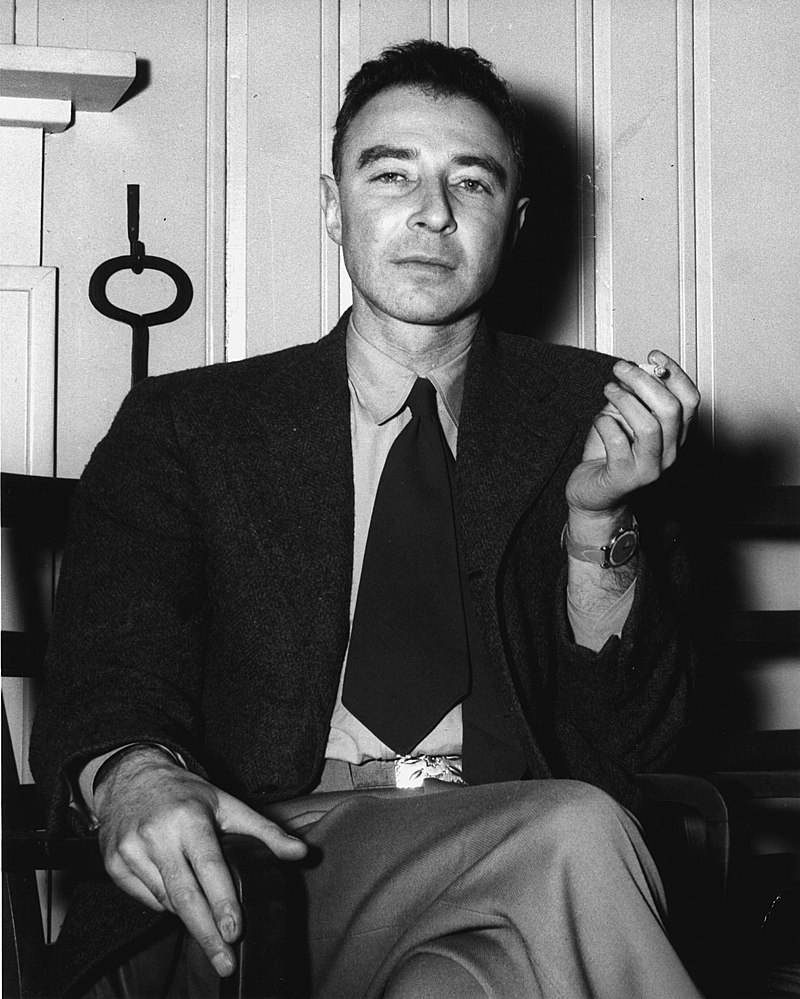
Erwin Schrodinger (1887-1961) Austrian born physicist and Nobel Laureate came up with his famous wave of equation that predicts how the Quantum Mechanical wave function changes with time. Schrodinger, in speaking of a universe in which particles are represented by wave of functions, said “The unity and continuity of Vedanta are reflected in the unity and continuity of wave mechanics. This is entirely consistent with the Vedanta concept of All in One.” Vedanta and mythical beliefs are likely to appeal to a mathematical physicist, a brilliant child, tempted on occasion by intellectual pride.
Such factors may help to explain why Schrodinger became a believer in Vedanta. Werner Heisenberg (1901-1976) was a German physicist and a Nobel Laureate like his fellow scientists was profoundly influenced by Hindu Vedic philosophy. According to Heisenberg Quantum theory will not look ridiculous to people who have read Vedanta because it is the conclusion of Vedic thought. In lectures given in the 1950’s and later published as (Physics and Philosophy) Heisenberg stated that modern physics is part of a general historical process that tends toward a unification and a widening of our present world. As regards to the philosophy of Ludwig Wittgenstein, he liked his idea about the Sanskrit language which according to German Indologists is the origin of all languages.
Heisenberg admired Eastern philosophy and thought and saw parallels between it and quantum mechanics, describing himself as in complete agreement. Heisenberg even as far as to state that after conversations with India’s Nobel Laureate Rabindranath Tagore about Indian philosophy that seemed to make much more sense which was at par with the Vedas.
In the 1920’s Quantum Mechanics was created by three great minds namely Bohr, Heisenberg and Schrodinger, who all read from the greatly respected the Vedas. They elaborated upon these ancient books of wisdom in their own language and with modern mathematical concepts in order to understand the ideas that are to be found throughout the Vedas referred to in the ancient Sanskrit as “Brahman,” “Paramatma,” “Akasha” and “Atma.” Vedic texts such as the Bhagavad Gita and the Upanishads were the most influential to have come from ancient India and went on to influence whole generation of European intellectuals, artists and scientists alike.
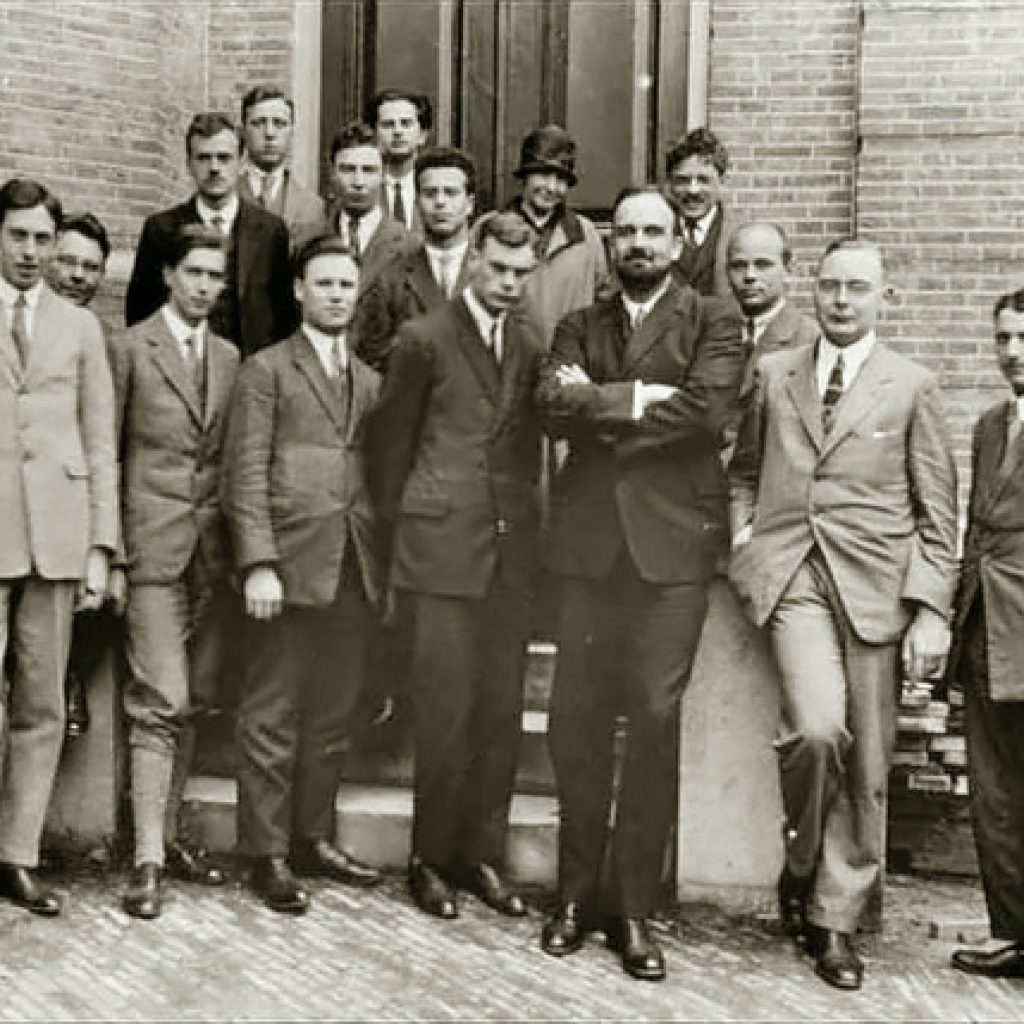
PS “Oppenheimer” is the subject of forthcoming Hollywood biopic to be released in 2023.
(Dilip Roy is an elected Fellow of Royal Asiatic Society of United Kingdom is also a researcher and an Indo-German cultural enthusiast. Mr Roy is a great admirer of European classical music and operas particularly those of composer Richard Wagner and his favorite music conductor is the world renowned Indian maestro Zubin Mehta.)
ALSO READ-Mercedes India CEO Martin Schwenk takes auto ride after his S-Class gets stuck in traffic


